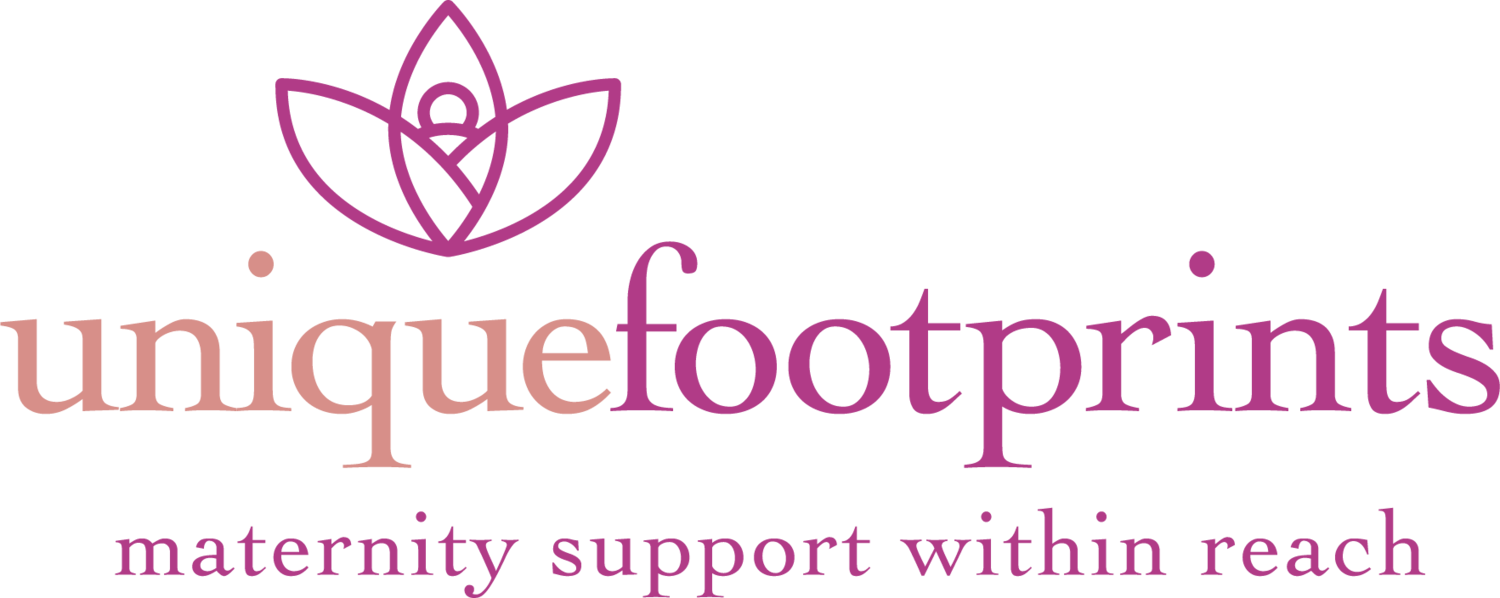4 Expectations of New Mothers that are Downright Wrong!
“There is no way to be a perfect mother, but a million ways to be a good one.” Jill Churchill
Pre/postnatal reality check
“I can do it all!” “Nothing will change!” “How hard can it really be?” It is hard to guess how your life will change after your baby arrives and how it will feel. Whether you are aware of it or not, you’ve probably established some expectations of yourself as a mother, what your baby might be like, and what your life could look and feel like. Maybe not a full-on Mary Poppins vibe, but something to that effect. You’ve likely come up with a plan for all the things like breastfeeding, grandma’s role after delivery, your career, and your sleep.
Don’t get us wrong, a postpartum plan is good, but make sure it’s realistic and super flexible!
A lot of these expectations are overt, maybe influenced by books you’ve read and friends you’ve seen become parents. Some expectations, however, may be subconscious, you may not even realize you’re expecting a 6-pound baby who sleeps through the night right off the bat. Both those conscious and subconscious expectations influence how we feel, what we think and what we do. They can also set us up for success or a really hard time. So, give yourself a little reality check before delivery. Ground those thoughts back down to reality and give yourself a little credit. “I can do it!” “Things will change, but I’ll adapt!” “It’s going to be hard, but I can do hard things!”
Parenting is a beautiful, hard, messy, unpredictable, maddening, and life-giving experience. Prepare yourself mentally by accepting all the parts of it: the good, the bad, and the ugly.
Common unrealistic expectations below and how to reframe them to a more helpful thought:
Expectation #1 “Pregnant women are supposed to be happy, rosy, grateful, and glowing.” Pregnancy is different for every woman. Images in magazines and movies often depict pregnant women with glowing skin, flowing hair, and joyful 24/7. These images can set you up for false expectations and leave you feeling like something is wrong. In actuality, it’s normal to be swollen, have pimples, feel grumpy every now and then, and not necessarily be glowing!
What to do: Catch yourself when you’re comparing yourself to others, call it out, and then focus on thoughts and behaviors that make you feel positive and confident. Surround yourself with supportive friends and family that will do the same.
Expectation #2 “You will feel an overwhelming rush of love at first sight.” You might think you will have this instantaneous bond with your new baby, but what if you don’t? That is okay and in fact very normal and does not mean anything is wrong! Often, new moms are physically exhausted from giving birth and need time to rest and recover. There might not be a magical moment when you feel all the love in the world for your baby, but rather a slow and steady connection over months as you get to know each other.
What to do: It is important not to feel the pressure to bond, nor that there is anything wrong with you or your baby. Rather, this is a new relationship and it takes time so let it grow naturally. Love is complicated so give it a chance to develop. If at any point you have negative thoughts toward your baby or you feel anger toward your baby that makes you feel worried, contact your medical provider and/or a mental health professional for help. A trained maternal mental health provider will be able to tell you if those thoughts and feelings are just normal motherhood stress or if it’s something that needs to be addressed through professional help.
Expectation #3 “It is not okay to miss your old life.” You are on maternity leave, your email set to “vacation” mode, at home trying to get used to your new life as a mother thinking “I wish I could go back to the office” or “I wish I could just run out and do something.” It is natural to feel the loss of your old life as you embark on this new chapter. Becoming a mother is a complicated transition filled with new roles, responsibilities, and challenges. It’s normal to grieve the days when you had freedom to do what you wanted when you wanted and it is ok to be both happy and sad.
What to do: Before the baby comes, set realistic expectations about how your current routine will change. Identify the things that you do that bring you joy and problem solve how you can incorporate those into your life post-baby. If having time with your friends is important, try to plan ahead to create those opportunities. If time alone is important, set up a plan with your partner or friend to watch the baby for an hour or two a week to give you the quiet time you need.
Expectation #4 “A good mother places her child’s needs above her own.” You have some ideas of what being a good mother looks like to you, but often it can come at the sacrifice for your own well-being. Mothers can become worn down quickly if they do not prioritize themselves. This is a hard one when you have this sweet little baby who relies on you for everything, but if you are not functioning then you actually are not helping. This might trigger feelings of guilt, but taking care of yourself is being a good mother.
What to do: Follow the “in case of emergency” on an airplane drill meaning put the oxygen mask on yourself first and then help others. This might look like saying “no” to visitors or “letting go” of some expectations like a really clean house or mile long daily walks. Taking care of your needs will trickle down to helping you feel better able to care for your baby because an empty tank will take you nowhere.
Having kids is not an easy thing and it can be hard to mentally prepare yourself for this transition. But, with a bit of humor, realistic expectations, and flexibility you CAN navigate this new adventure!
Pregnancy Course
We help you have a healthy pregnancy, birth & baby
30 Money Back Guarantee
Motherhood Course
Have an easier recovery and enjoy motherhood.
30 Day Money Back Guarantee
Unique Footprints Authors:
Samantha Siegel, LPC
Samantha is on the Unique Footprints Psychology team, she’s a Licensed Professional Counselor at Behavioral Health Dallas specializing in the provision of psychotherapy and group support services with individuals of all ages and their families. She has advanced training and experience working with individuals from infancy through adulthood. Read more about Samantha here.
From the Unique Footprints editorial team and Jenny Morrow, founder of Unique Footprints. Unique Footprints follows strict reporting guidelines and uses only credible sources from ACOG, the American Academy of Pediatrics, CDC, the U.S. Surgeon Guidelines and the Academy of Nutrition and Dietetics. The UF TEAM also thoroughly researches peer-reviewed studies, academic research institutions and highly respected health organizations. Unique Footprints is endorsed by the American Pregnancy Association.



